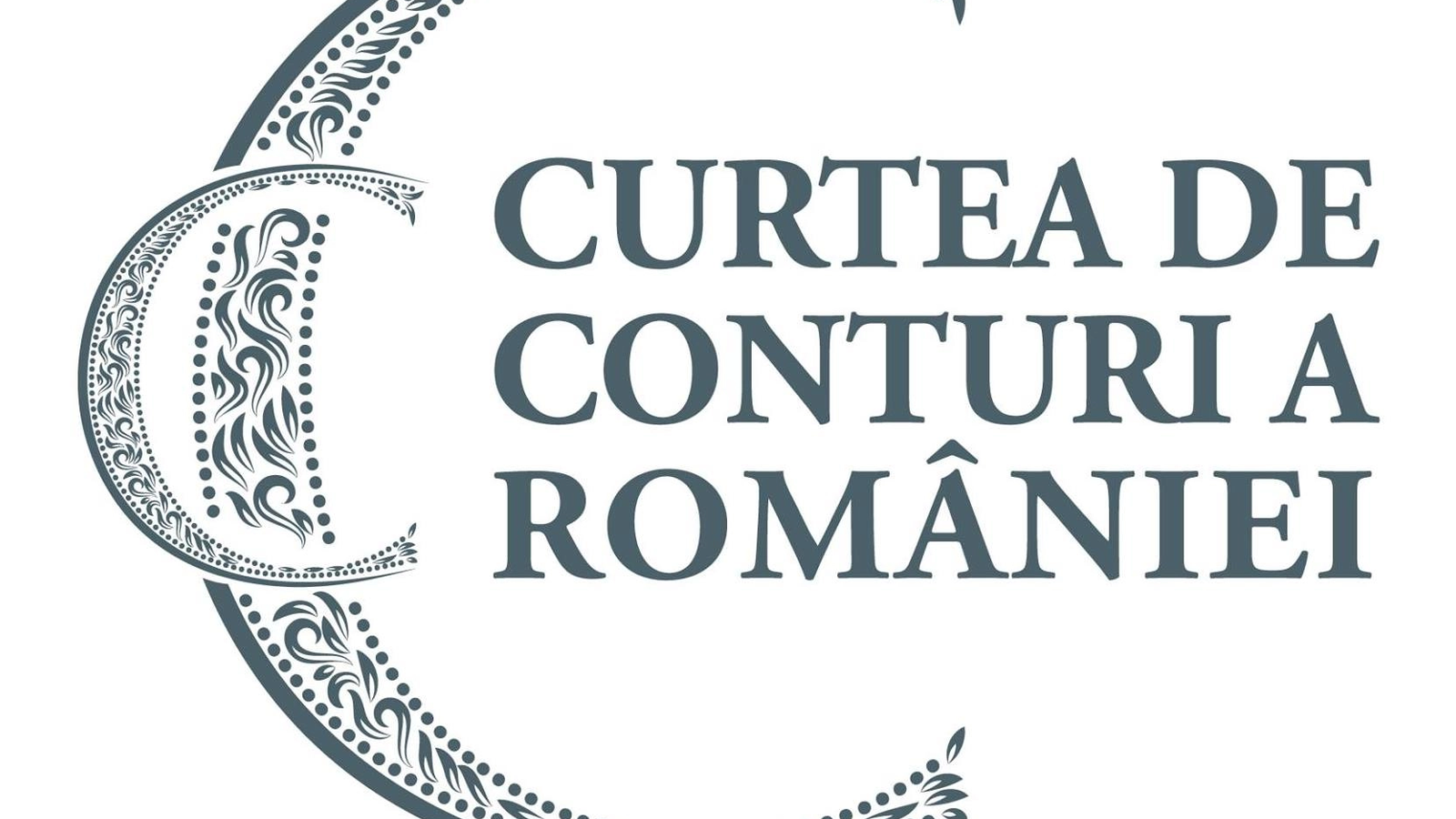The Court of Accounts recommends, following an audit carried out at the Ministry of Development, Public Works and Administration (MDLPA), initiating a systemic analysis and legislative reform to strengthen the financial autonomy of administrative-territorial units (UATs) and to adapt local administrative structures to community needs.
According to a press release the institution sent to AGERPRES on Friday, a performance audit was conducted on how communes and small towns in Romania are organised and operate, in relation to the population they serve and the services they provide.
'The audit aimed to assess the extent to which communes and small towns manage to meet the conditions set out in legislation, manage the resources available to them and provide public services in line with the population served. The audit covered the period 2021-2023, and the audit activity took place between April and November 2024. The audit report highlights a series of administrative, territorial and demographic features of Romania that must be taken into account when drafting and implementing public policies and recommends an integrated approach combining demographic growth, economic and social development measures to harness the potential of each area and ensure harmonious development across the entire territory,' the release reads.
In the view of the auditing institution, access to essential public services represents a critical component of quality of life and social wellbeing.
'In Romania, significant disparities persist between urban areas (towns and municipalities) and rural areas (communes) in terms of access to healthcare, education and basic utilities. Among rural UATs, 12% have no general practitioners' offices, 50% lack dental surgeries and 24% have no pharmacies. Small UATs with low populations are the most disadvantaged, particularly regarding access to water supply, sewerage and public transport. Although access to such services improves as the local population increases, it remains below the level found in urban areas. This situation highlights the need for investments and public policies to reduce these inequalities and ensure fair access to essential services for all citizens,' the Court of Accounts notes.
According to the Court, analysis of the revenues and expenditures of communes and small towns in Romania underlines the influence of population size on a UAT's capacity to manage its financial resources. Moreover, dependence on state budget funding and difficulties in collecting own revenues represent major challenges, compounded by annual laws providing exceptions which, while helping to balance budgets in the short term, can undermine financial autonomy and long-term development.
































Comentează